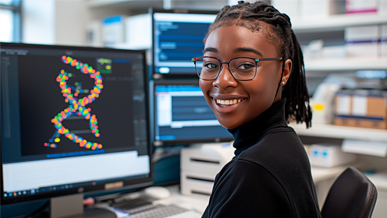
Students in UVU’s bioinformatics program are at the exciting new intersection between computer science and biology, where they will learn how to use computational and statistical methods to understand and analyze complex biological information. Bioinformatics is an interdisciplinary program that provides students scientific laboratory skills, computer programming capabilities, and statistical analytics necessary for 21st century biology.
Credits to Completion
120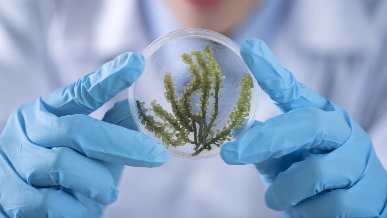
The UVU Biology program offers a variety of courses that investigate the living world, including courses in biology, botany, ecology, genetics, human anatomy, human physiology, conservation biology, microbiology, zoology and others. A course of study may be designed to provide breadth in the life sciences or to prepare students for a specific area of biology.
Credits to Completion
120
Graduates with a bachelor´s degree in Biology Education will be qualified to obtain state licensure to teach at the secondary level. The degree fulfills the requirements for the Biological Science Composite Major endorsement. If the student completes additional chemistry and earth science courses, then the student may also qualify for other teaching endorsements in the sciences.
Credits to Completion
126
Biomedical Science aims to use the vast and ever-progressing fields of biology to improve human health and the treatment of disease. It encompasses the general fields of human anatomy, physiology, genetics, cell biology, and molecular biology, as well as more specialized disciplines such as neuroscience, immunology, histology, developmental biology and pathophysiology, among others. A degree in Biomedical Science helps to prepare students for several careers within healthcare, as well as a solid foundation for other post-baccalaureate work. These include preparation for medical school, dental school, and a wide variety of other graduate school options. In addition, students who are not interested in pursuing a graduate degree could work for medical labs, research labs, hospitals, biotech companies, and pharmaceutical companies following graduation with a BS in Biomedical Science.
Credits to Completion
120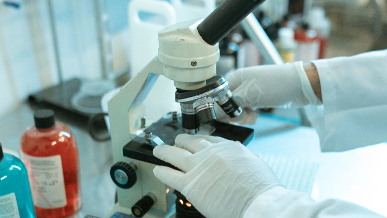
Biotechnology harnesses the power of the natural world to develop solutions to improve our lives, our health, and the health of our planet. A B.S. in Biotechnology at UVU is an incredibly versatile degree which emphasizes hands on experiments and internships, ultimately providing a large number of potential career options. Many students with a degree in Biotechnology find employment at local companies such as ARUP, BioMerieux, Myriad Genetics, and Nelson Laboratories. With additional education, majors can go on to careers in law, medicine, agriculture, entrepreneurship, regulatory affairs, non-profit work, or research.
The biotechnology major emphasizes laboratory experiences in addition to a theoretical science background. As a major you will learn skills such as recombinant DNA technology, gene cloning, bioinformatic DNA sequence analysis, protein expression and purification, bacterial and mammalian cell culture, and experimental design.
A unique feature of the major is the internship, during which students conduct research at either a local biotech company, or under the mentorship of a professor at UVU. Many of these projects are student-designed and led, tailored to their interests. The Biotech Program also runs a contract research organization, InnovaBio , where students work as interns for local companies through contract work. Altogether, students gain over 600 hours of lab training and skills on their way to receiving a B.S. in Biotechnology.
UVU.
Credits to Completion
124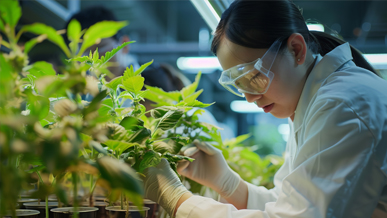
UVU botany program offers research laboratories, three climate greenhouse facilities, Utah native plant garden, and both a physical and virtual herbarium. In addition, UVU operates a field station within Capitol Reef National Park.
Credits to Completion
120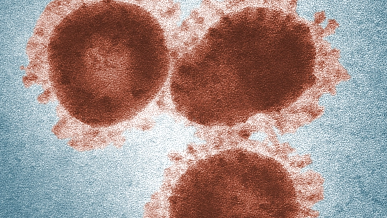
Students in UVU’s microbiology program will examine the roles and interactions of microbial populations in aquatic, terrestrial, human, animal, and plant systems. While microorganisms are most known for their ability to cause disease, they are ubiquitous on earth and central to many of the essential life processes on this planet.
Credits to Completion
120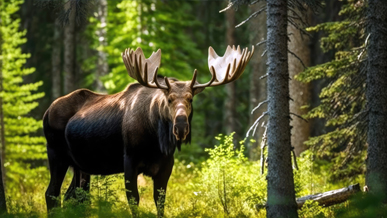
Zoology is the study of animals, the most diverse group of organisms on Earth. The field of Zoology includes the structure, embryology, evolution, classification, habits, and distribution of all animals, both living and extinct, and how they interact with their ecosystems. This curriculum will allow students to examine the diversity, anatomy, physiology, evolution, behavior, and ecology of animals while also giving students a strong background in the fundamentals of biological science. A degree in Zoology can open the door to a wide variety of careers in different industries. Studying Zoology will prepare students for veterinary, dental, or graduate school, and provides them with highly employable career options in animal care (e.g. aquaria, zoos, aviaries), wildlife biology, conservation, and government agencies. A degree in Zoology allows students to easily enter the workforce or continue to a professional or graduate program.
Credits to Completion
120
Many opportunities exist for advanced and professional degrees for those completing the Bachelor Degree in Integrated Studies (IS) program (law school, medical and dental schools, MBA, MPA, etc) and in the business environment. Many employers seek students with skills gained from liberal arts programs like Integrated Studies. These skills include the ability to comprehend diverse material, to write clearly, to think critically, to work cooperatively, and to become adept at problem solving.
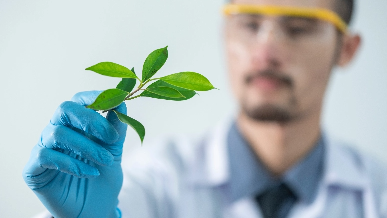
The Associate in Science Degree is intended for students who plan to use it as a first step toward a baccalaureate degree. The AS degree may be granted to those who do not continue in a bachelor's program and meet the minimum requirements. It is highly recommended that those who receive an associate degree continue on to receive a Bachelors of Science Degree in biology.
Credits to Completion
60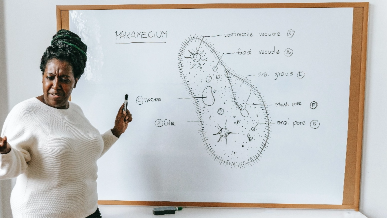
A Minor in Biology allows students to gain valuable experience in the biological sciences while completing their primary field of study. A Minor in Biology allows students to take advanced biology coursework related to their field of interest. The biology minor complements the skills the student gains in his or her major program by providing an underlying scientific base upon which to build a career in any field of study.
Credits to Completion
21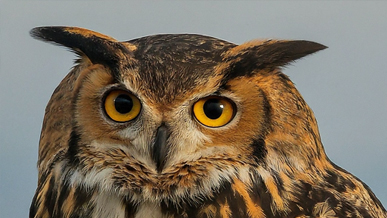
Zoology is the study of animals, the most diverse group of organisms on Earth. The field of Zoology includes the structure, embryology, evolution, classification, habits, and distribution of all animals, both living and extinct, and how they interact with their ecosystems. This curriculum will allow students to examine the diversity, anatomy, physiology, evolution, behavior, and ecology of animals while also giving students a strong background in the fundamentals of biological science. A minor in Zoology can open the door to a wide variety of careers in different industries. Studying Zoology will prepare students for veterinary, dental, or graduate school, and provides them with highly employable career options in animal care (e.g. aquaria, zoos, aviaries), wildlife biology, conservation, and government agencies. A degree in Zoology allows students to easily enter the workforce or continue to a professional or graduate program.
Credits to Completion
24Will the Biology program meet the educational requirements for the professional credential in the state or US territory you might choose to live during or after completing your UVU degree? Visit the UVU Professional Licensure website to learn more!
Biology Department Colloquium
Biology Department Colloquium
UVU Showcase of Undergraduate Scholarly and Creative Works
Biology Department Colloquium
College of Science Undergraduate Research Symposium
Department of Biology
800 W. University ParkwayOrem, UT 84058801-863-8511
For individual phone numbers and email addresses, visit our office directory